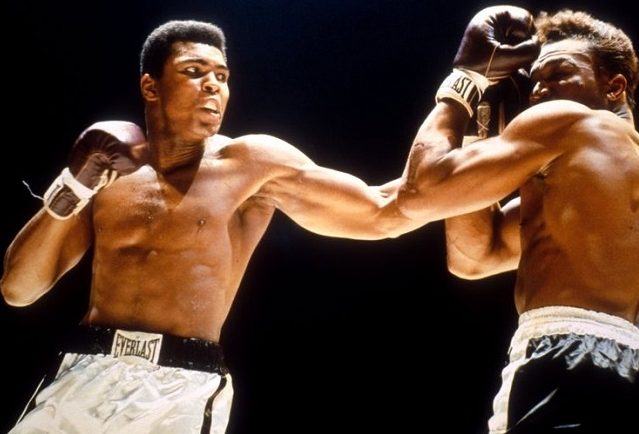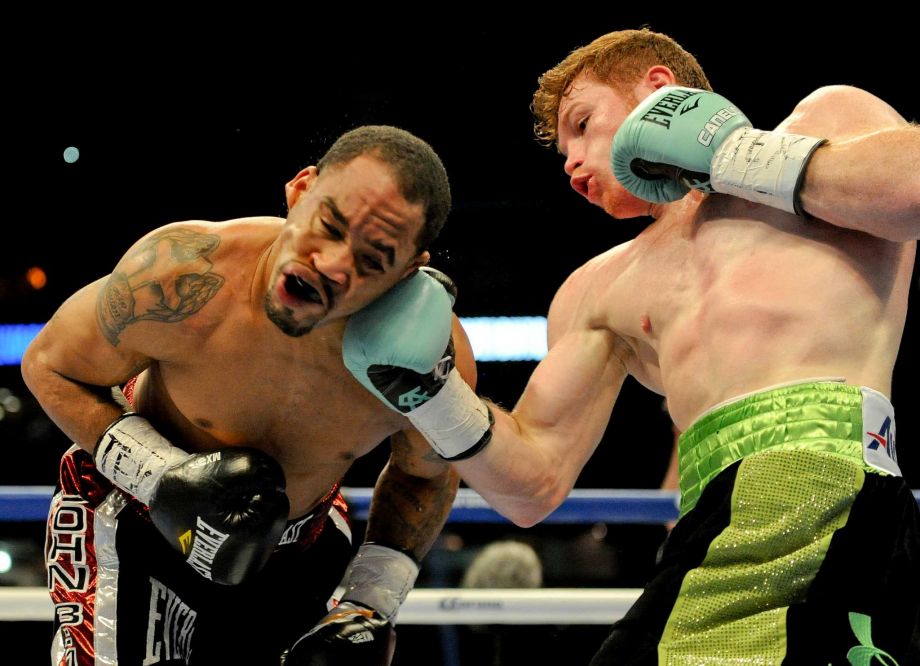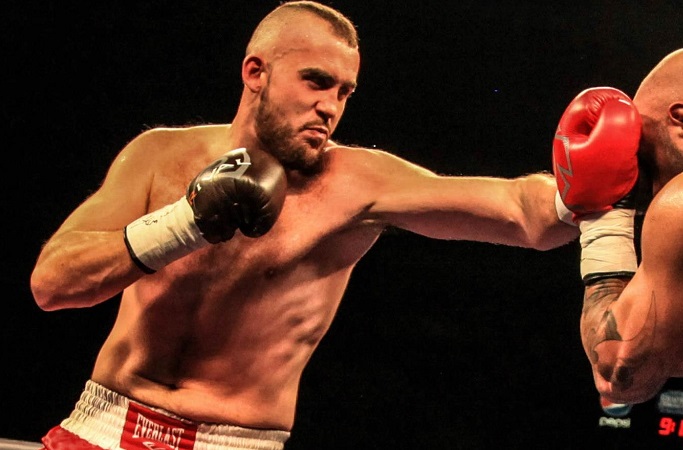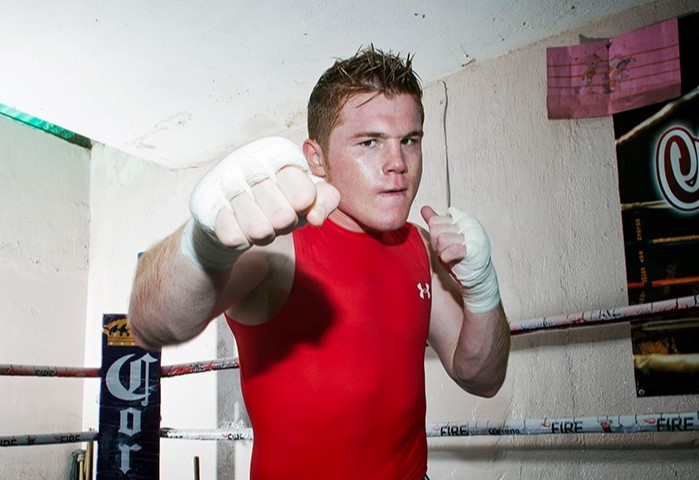“I Wish He Would Live Forever”
Muhammad Ali was bigger than boxing and much more than a celebrity. He was a leader of social and cultural change, embodying characteristics which all of us aspire to. A man of principal, his refusal to be inducted into the military and the war in Vietnam was a choice based on his personal beliefs and what he felt was right.
Through his stand and sacrifice, he demonstrated that it is not just desirable to resist power and injustice but our responsibility to do so, no matter the personal cost. Ali’s principled stand cost him plenty. He turned his back on millions of dollars in prize money and commercial endorsements, while risking a lengthy prison sentence. Many in America viewed him as a traitor and dismissed him as a “draft dodger.” What made Ali so special was the fact that he knew this kind of reaction was inevitable, but it never affected his decision.
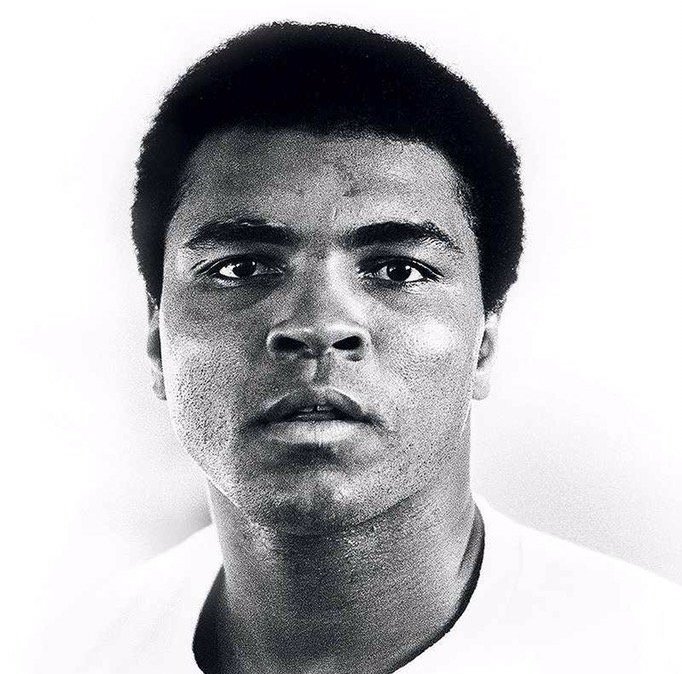
As a boxer, everyone knows his amazing achievements, his speed, his ability to out-psych his opponents, his predictions, his poetry, and of course, his amazing performances against some of the most dangerous heavyweights in boxing history. The 1970’s was the best ever decade for the heavyweight division and Ali turned back all comers. He defeated Joe Frazier and Ken Norton twice, and then stopped the heavily favored and “unbeatable” George Foreman in his amazing triumph in Zaire.
Some will remember Ali the boxer. Others will remember Ali’s contributions to social justice and civil rights, not to mention his exuberant personality and welcoming nature. Either way, what everyone will agree on is that Muhammad Ali’s contribution to society, to sports, to boxing, and to history, remains second to none.
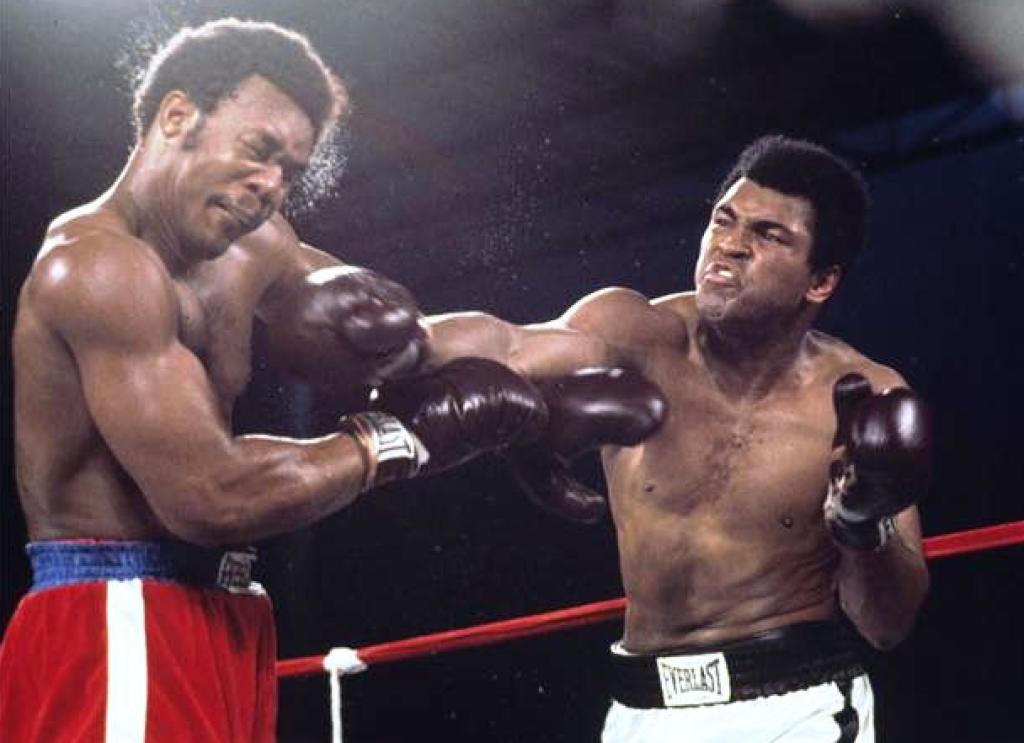
Herewith, personal reflections and reactions from boxers who I reached out to in the hours immediately following the announcement of Ali’s death and which I share here as part of The Fight City’s tribute to a man who means everything to boxing and so much to the whole world.
Former heavyweight champion Larry Holmes: “Ali was one of my best friends. He meant everything to me. He took me places as we used to travel together when I was his sparring partner. He paid me $500 a week to spar. This gave me a home, somewhere to train with the best. Who do you go to, but the best? He would try and hit me and hurt me in the ring for respect. And I have a lot of respect for him. Ali was a great man. I feel sad that he’s gone. I miss him.”
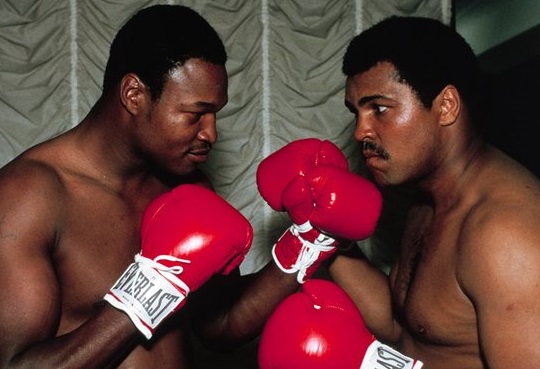
Former number one heavyweight contender Gerry Cooney: “He’s been sick for 32 years with Parkinson’s. He’s at peace now. Ali was a miracle guy. He never didn’t take a picture with you. He wouldn’t turn his fans down. That’s the kind of guy he was. When I first met Ali, I knew right away that he was a great guy. He cared about all causes and all people. Ali was so quick witted. He had a glow about him. After watching Ali and Frazier, that’s when I decided to fight. I remember most how he helped people and how he helped me. He was so mesmerizing to watch.”
Former heavyweight contender Marvis Frazier: “After the Thrilla in Manila, Ali visited my Dad’s dressing room. He apologized for what he said about Joe and said it was all about promoting the fights. My Dad and Ali hugged each other. After they retired, they were on good terms. They said going forward the two of them would do the right things. I really appreciated that. I have never forgotten that.”
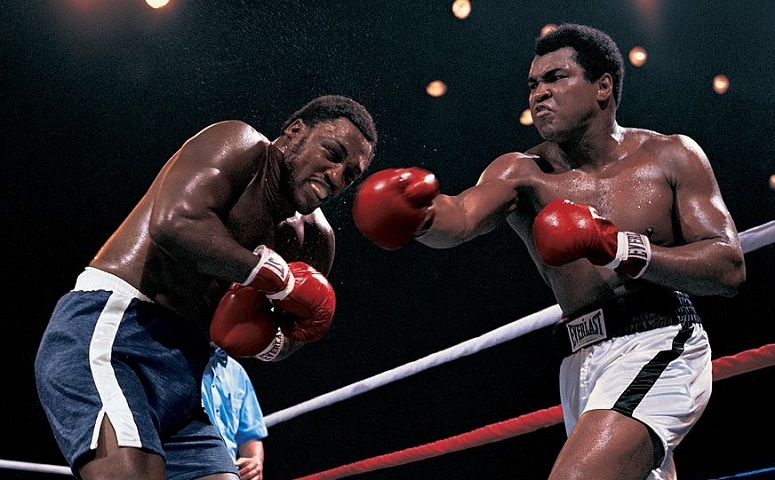
Former world middleweight champion Iran Barkley: “I first met Ali when I was a teenager, fighting in Mississippi as an amateur. He was classy, a nice man. He was joking around with everyone and was a super guy. I met him again in Tulsa, Oklahoma at a dinner honoring Tommy Morrison. Each time I was around him, he was so nice to everyone. He was always talking, joking, making people feel good. As a boxer, he had good ringmanship. He was a good boxer and puncher. Some people thought he was too flashy but Ali was the epitome of boxing. He and Joe Frazier made boxing. I respect that he stood up for what he believed in. I probably would not have fought in that war either. But you can only speak out now because Muhammad Ali did it first.”
WBO number one super middleweight contender Jesse Hart: “He was more than boxing. He was the inspiration for me because that’s who I watched as a kid. Ali was the first person I ever saw fight. What he stood for was true greatness, the greatness was always there within him. Ali stood for our rights not to go to war. He was a great man all around. I’m very emotional right now. He was the greatest of all-time. He stood up for black individuals and fighters. If it was up to me, I wish he would live forever.”
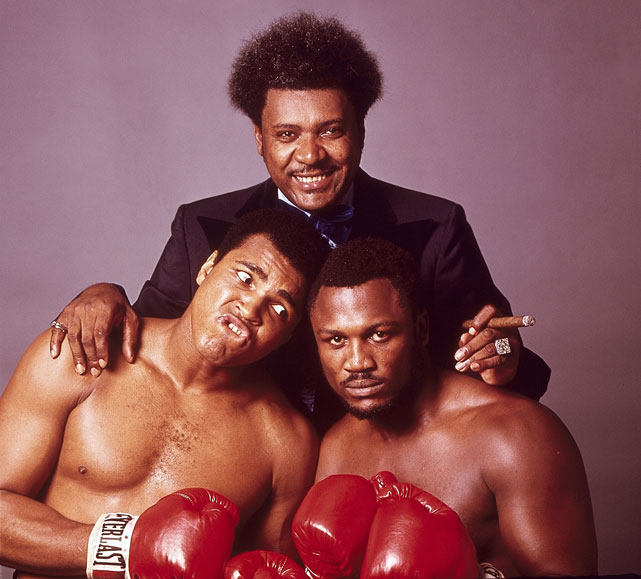
Philadelphia middleweight contender Bobby “Boogaloo” Watts: “It was really a shock to me when I heard. When he came back after a three year layoff, he still had greatness. He stood up and did what he had to do. I got to know Ali. When he was living in Sharon Hill (PA) we did road work together. He was comical, funny, and good to be around. He was a showmen, as he would call a guy out. When he was playing around with Sonny Liston and Joe Frazier, he brought boxing back to life. Ali was the people’s champ. I rate him among the best. A lot of fighters wanted to be like him.”
Former IBF junior middleweight champion Robert “Bam Bam” Hines: “Ali’s passing was a big blow. I’m sad that he’s gone. It’s just so sad that it has to be him. Ali is why I wanted to be a boxer. I did everything to be like him. He taught me how to be good with my hands. Even when I trained at Joe Frazier’s Gym, I wanted to be on Ali’s side.”
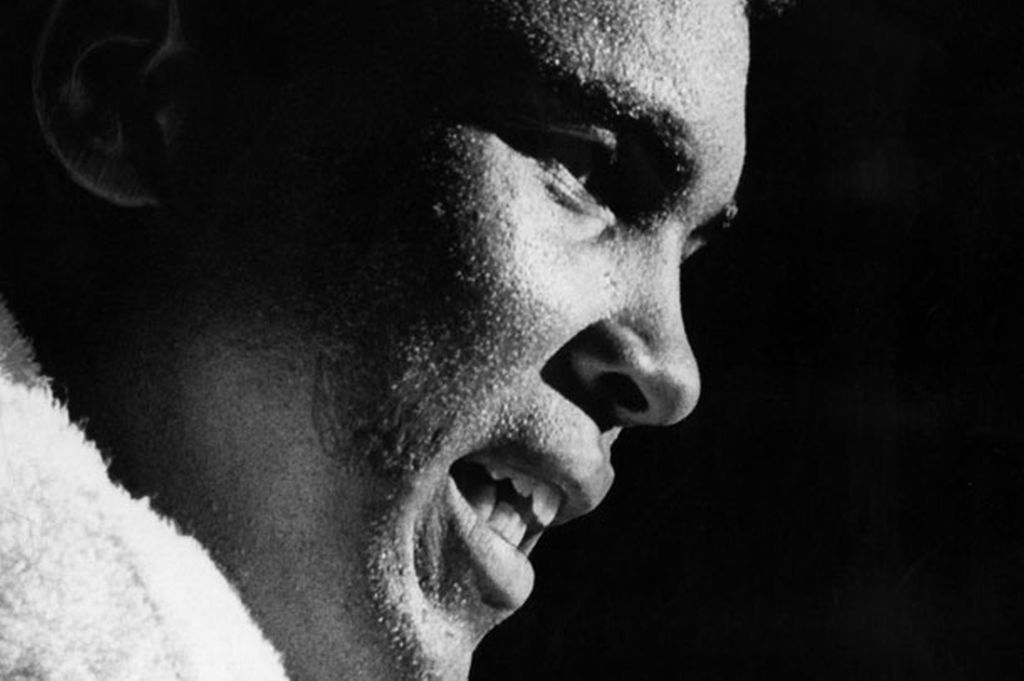
Former seven-time world champion Bernard Hopkins: “When you hear that it actually happened and he’s gone, you get to reflecting on his life, on who Ali was, who he still is, and will be for a long, long time. He will also be remembered from the young generations that are coming up who might ask their father or grandfather about him. Because of the things he’s done outside of the ring, it becomes more of a game changer in life and in my life. There will sometimes be a price for speaking, but I learned that I can speak.”
— Thad Moore

